First, Last and one of the best (in my opinion) recordings of main conductors from the past - One page per letter. Corrections are welcome. It is a work in progress.
A – B – C – D – E – F – G – H – I – J – K – l – M – N – O – P – Q – R – S – T – U – V – W – X – Y – Z
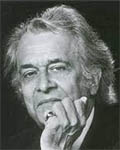 Kurt Redel (1918-2013)
Kurt Redel (1918-2013)
A flutist, pianist, violinist and composer, he will found the Pro Arte orchestra at Munich, playing baroque and classic musics. He will stay a flutist soloist (played several times under Kubelík). His first recording as a conductor was the Brandenburg concertos (1956).
| First | Best | Last |
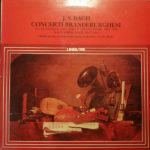 |
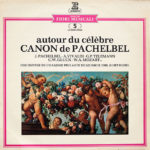 |
 |
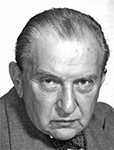 Fritz Reiner (1888-1963)
Fritz Reiner (1888-1963)
A pianist, had Bartok as teacher. Not a very sympathetic conductor, the sound he produced was brilliant, but he had not the most flexible beating. One of his first recordings was a Debussy program in 1938. One of his last ones was two symphonies by Haydn. He was famous for his R. Strauss interpretations.
| First | Best | Last |
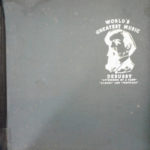 |
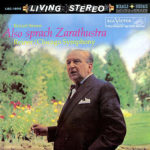 |
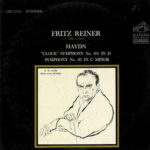 |
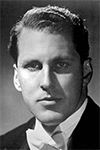 Édouard van Remoortel (1926-1977)
Édouard van Remoortel (1926-1977)
First a cellist, conducted in many countries and died early.
There is a fine account of the delicious Grieg’s Symphonic Dances. One of his first recording was the Belgium composer Jacques Stehman’s Symphonie de poche (1956). One of his last included Ravel’s Bolero.
| First | Best | Last |
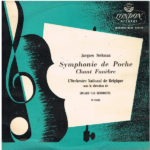 |
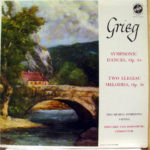 |
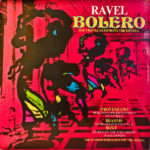 |
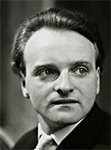 Karl Richter (1926-1981)
Karl Richter (1926-1981)
Born in a religious family, he will as a boy a member of the Dresden Kreuzchor. His conducting was sometimes stiff, but effective. He was also organist and harpsichordist. One of his first recordings as a conductor was Bach’s keyboard concertos (1956). One of his last ones was Bach’s St Matthew Passion. He will remain celeb for his interpretations of Bach’s cantatas.
| First | Best | Last |
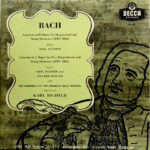 |
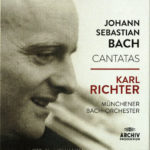 |
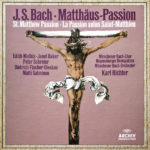 |
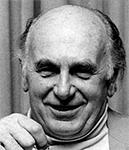 Fritz Rieger (1910-1978)
Fritz Rieger (1910-1978)
Born in Bohemia, conducted mainly in Munich, Monte Carlo and Melbourne.
One of his first recording was Dvorak’s Slavonic Dances for DGG (1956). One of his last ones was Beethoven’s 5th piano concerto with Eric Then Bergh. He made one of the first recordings of Pfitzner’s cantata “Von deutscher Seele”.
| First | Best | Last |
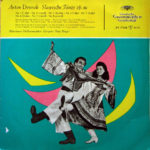 |
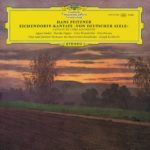 |
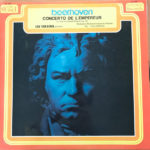 |
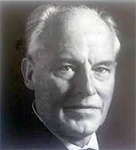 Karl Ristenpart (1900-1969)
Karl Ristenpart (1900-1969)
This German conductor created no less than three orchestras and was an an early Mahlerian conductor. His first recording was Bach cantatas with Dietrich Fisher-Dieskau (1951). One of his last ones maybe Vivaldi flute concertos with Jean-Pierre Rampal (1969).
| First | Best | Last |
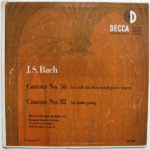 |
 |
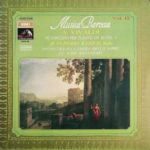 |
 Artur Rodziński (1892-1958)
Artur Rodziński (1892-1958)
From a Polish family, Stokowski invited him in the US. He had the reputation of being a very good orchestra trainer. His first recording was Rimsky-Korsakov’s Sheherazade (1940), one of his last Tchaikovsky’s 4th symphony. He was praised for his Richard Strauss’ music interpretations
| First | Best | Last |
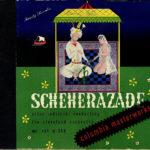 |
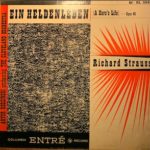 |
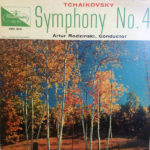 |
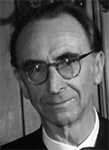 Hans Rosbaud (1895-1962)
Hans Rosbaud (1895-1962)
An Austrian conductor who played several instruments in his youth. A championship of modern music, he mastered all styles and periods. His first recording was abstracts from Eugene Albert’s Tiefland (1930). His last one a Sibelius program for DGG (1961).
| First | Best | Last |
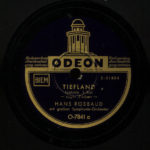 |
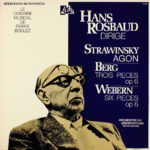 |
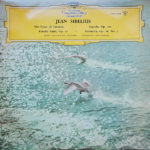 |
 Manuel Rosenthal (1904-2003)
Manuel Rosenthal (1904-2003)
First a violinist, studied composition with Maurice Ravel. He was famous for French music, Offenbach notably (one of his last recordings). One of his first recording was a Ravel recital,
| First | Best | Last |
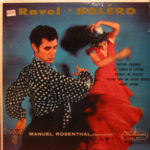 |
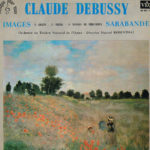 |
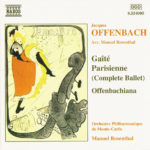 |
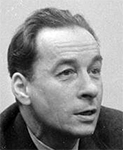 Witold Rowicki (1914-1989)
Witold Rowicki (1914-1989)
Spent most of his career in Poland. His first recording was a Suite From Opera “Cracovians And Mountaineers” by Krakowiacy (1955). His last one may be piano concertos by Liszt and Prokofiev. His complete Dvorak symphonies remains appraciated.
| First | Best | Last |
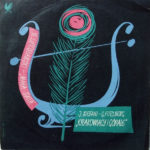 |
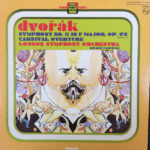 |
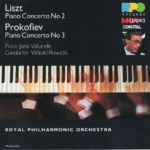 |
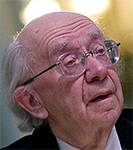 Gennady Rozhdestvensky (1931-2018)
Gennady Rozhdestvensky (1931-2018)
One of the three main Russian conductors of the 2nd part of XXth century with Svetlanov and Mravinsky. Spent most of his career in Russia, but was frequently invited in London. His complete sets of Prokofiev and Sibelius symphonies remain at the top.
His first recording could have been Prokofiev’s symphony n° 3 (1961). One of his last ones may be Boris Ivanovich Tishchenko’s Symphony n° 4.
| First | Best | Last |
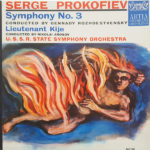 |
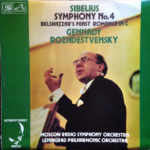 |
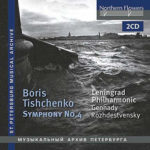 |
